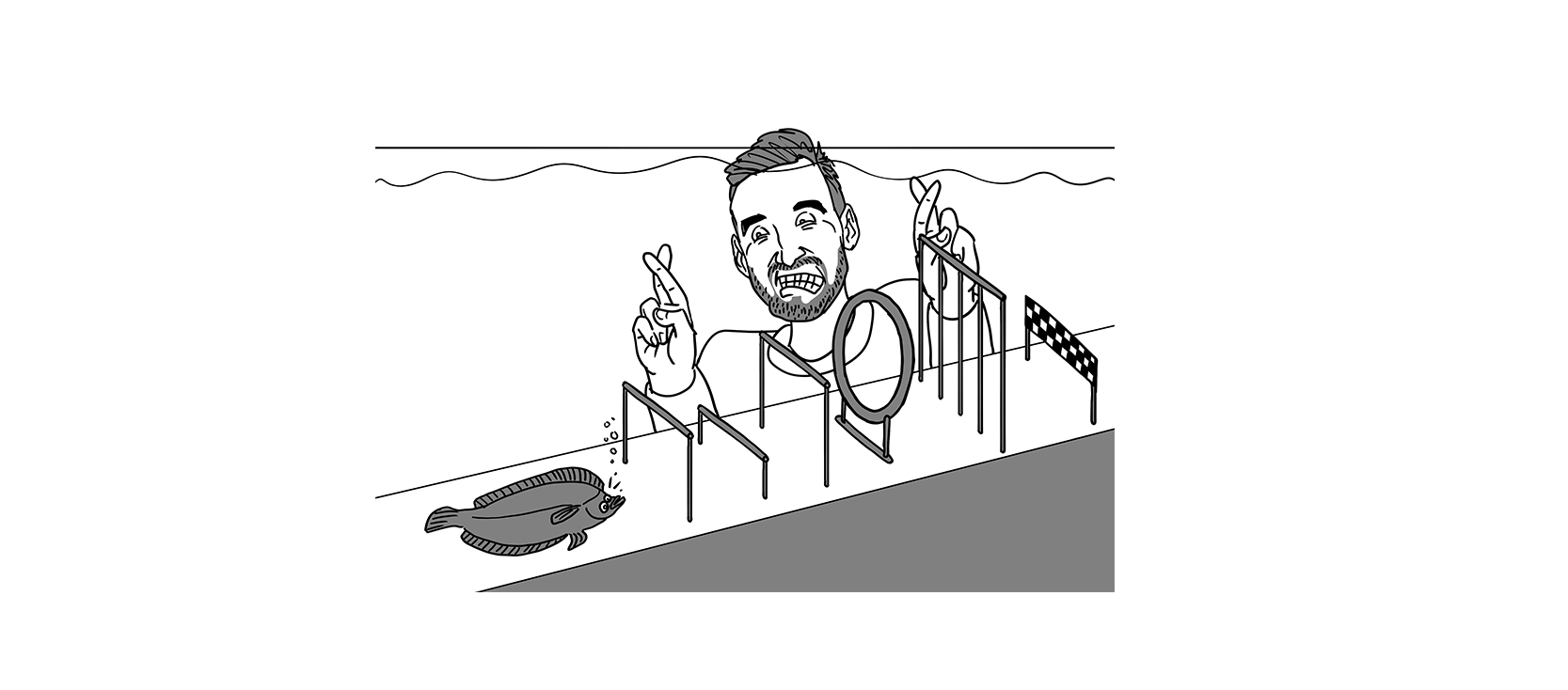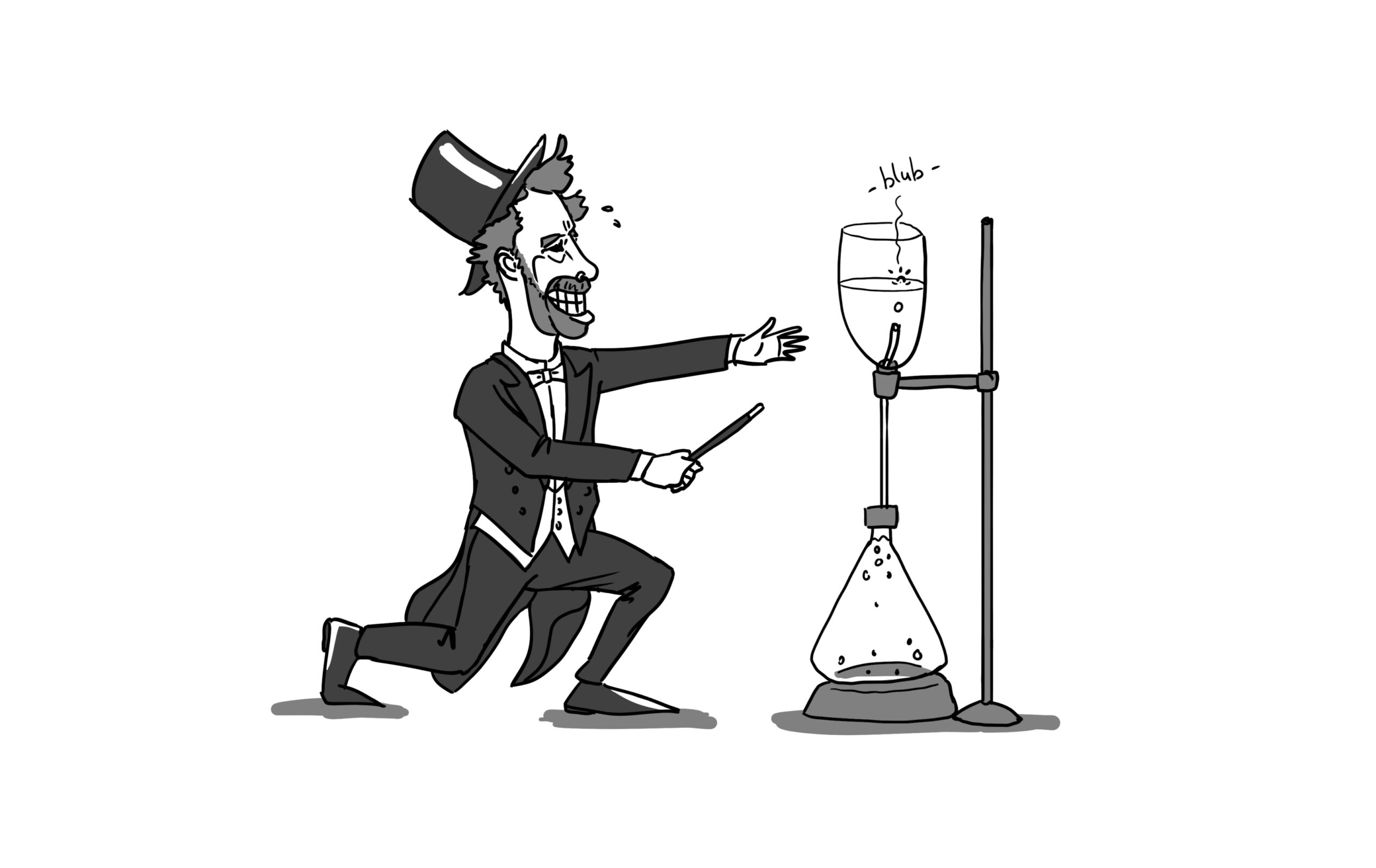A failed experiment, a rejected article: in academia such things tend to be labelled failures. But do we talk about it? No way! But in this feature, WUR co-workers do just that. Because failure can be useful. In this instalment, we hear from Raimon Ripoll-Bosch, assistant professor of Animal Production Systems.
‘By the time I finished my PhD I had expertise in a range of fields, from animal nutrition to farming systems analysis and sustainability. After that, instead of specializing, I kept on broadening. I started studying the relationships between livestock and climate change, ecosystem services, biodiversity and even finance. That can get out of hand, which I thoroughly enjoy.
But when people ask me what my domain is, I struggle to define my research. Explaining what I do often takes too long and feels vague. In research you are expected to be a one-trick pony – to have one discipline in which you are an expert. But my niche is in connecting the dots. It is hard to explain the value of generalists in science, even though they are needed in transdisciplinary research that studies complex problems such as the role of livestock in sustainable futures.
My personal struggle is in the choice between narrowing down my research, which I have been advised to do, or doing what I like and what I think is needed, which is connecting domains and exploring new relationships.
Explaining what I do takes too long and feels vague
In my mind, the advice to narrow down makes sense, but I don’t do it. I want to learn from other disciplines – that’s where I find joy. Following my own path, however, feels like letting down the people who advised me.
I am still learning to find a balance. Working across domains is more time-consuming, and I need to balance that with my personal life and family. In new opportunities, I now often try and collaborate with specialists. I realize that as a generalist, I will never be better in a particular field than the specialists, but we can complement and learn from each other.’

 Illustration Stijn Schreven
Illustration Stijn Schreven 

